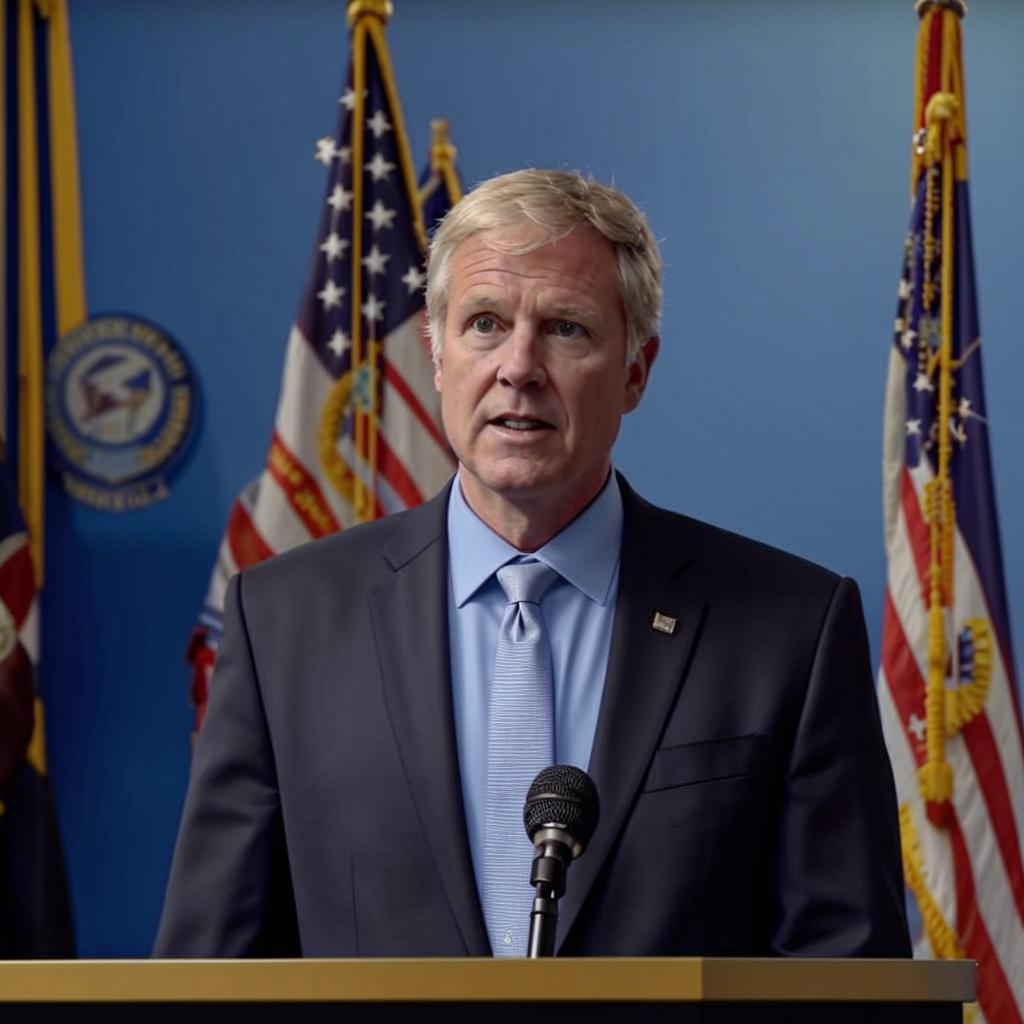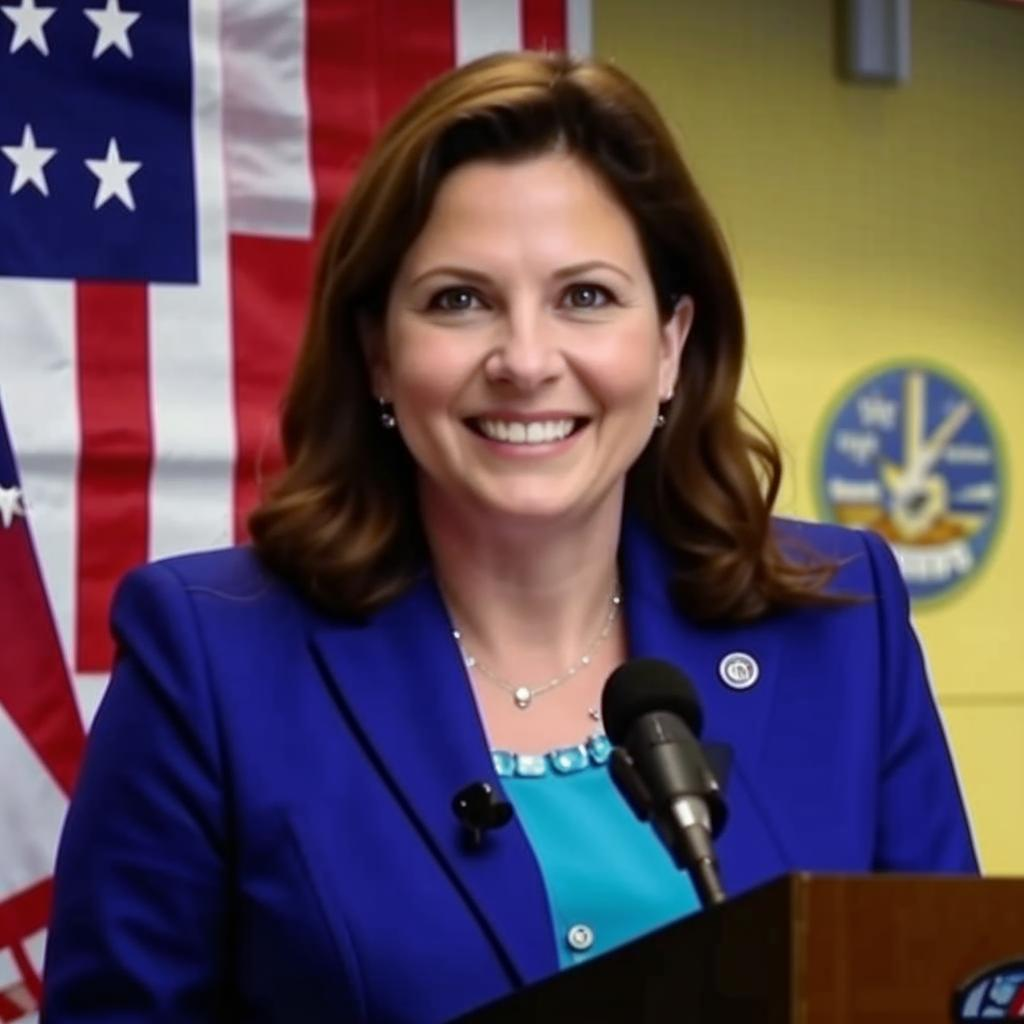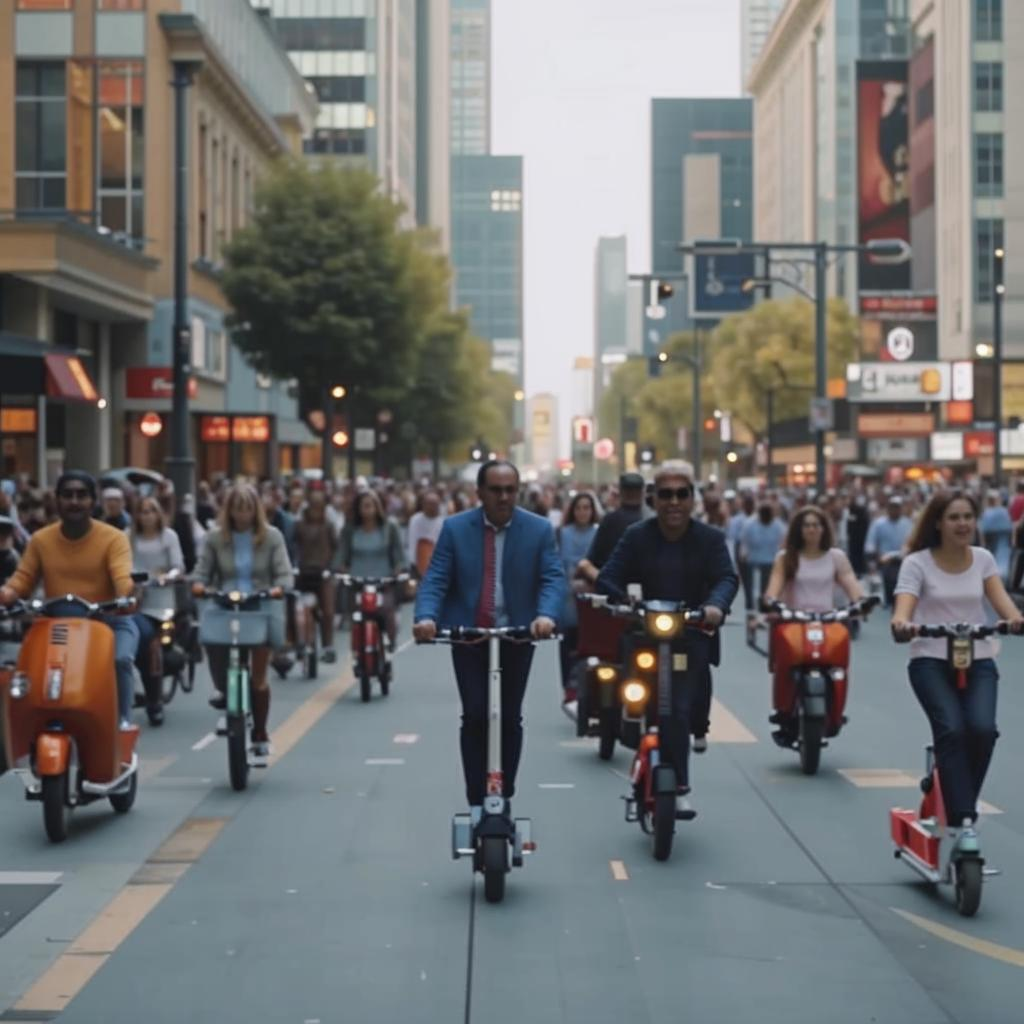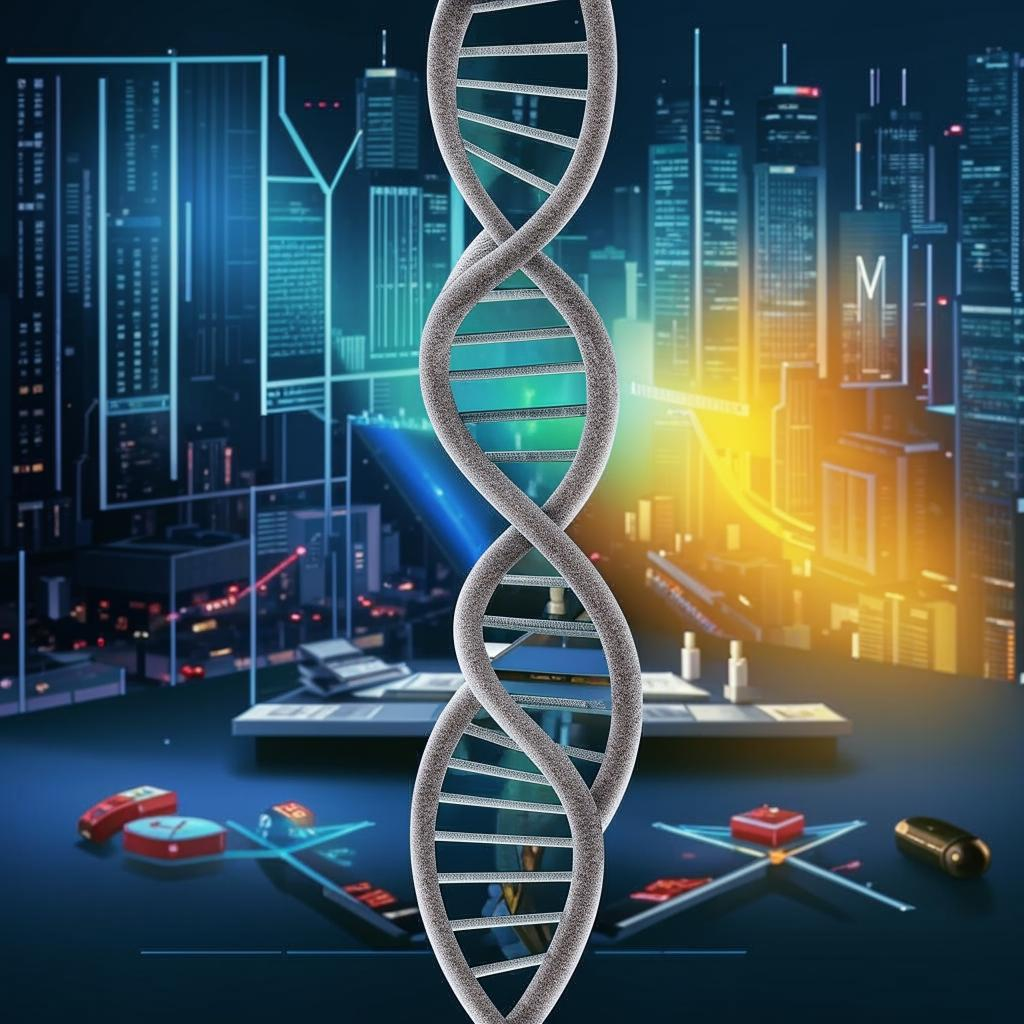Social media’s algorithms are significantly exacerbating political divisions across the nation, according to a new study. The research highlights how these algorithms, designed to maximize engagement, often create echo chambers where users are primarily exposed to information confirming their existing beliefs. This selective exposure leads to increased polarization, making constructive dialogue and compromise more challenging.
The study examined the online behavior of thousands of social media users over several months. It found that individuals who rely heavily on social media for news and information are more likely to hold extreme political views compared to those who get their news from more diverse sources. This effect is particularly pronounced among users who actively engage with politically charged content.
Researchers noted that the algorithms tend to prioritize sensational and emotionally driven content, which often amplifies partisan narratives and reinforces existing biases. This can lead to a distorted perception of reality, where users believe their political opponents are fundamentally different from them and unwilling to find common ground.
The findings have important implications for policymakers and social media companies. There’s growing pressure on these companies to redesign their algorithms to promote more balanced and diverse content, even if it means sacrificing some engagement. Some researchers propose implementing transparency measures that would allow users to understand how the algorithms are shaping their information environment. Addressing the issue requires a multi-faceted approach, including media literacy education and efforts to promote civil discourse online. The consequences of inaction could lead to further fragmentation of society and erosion of trust in democratic institutions.














